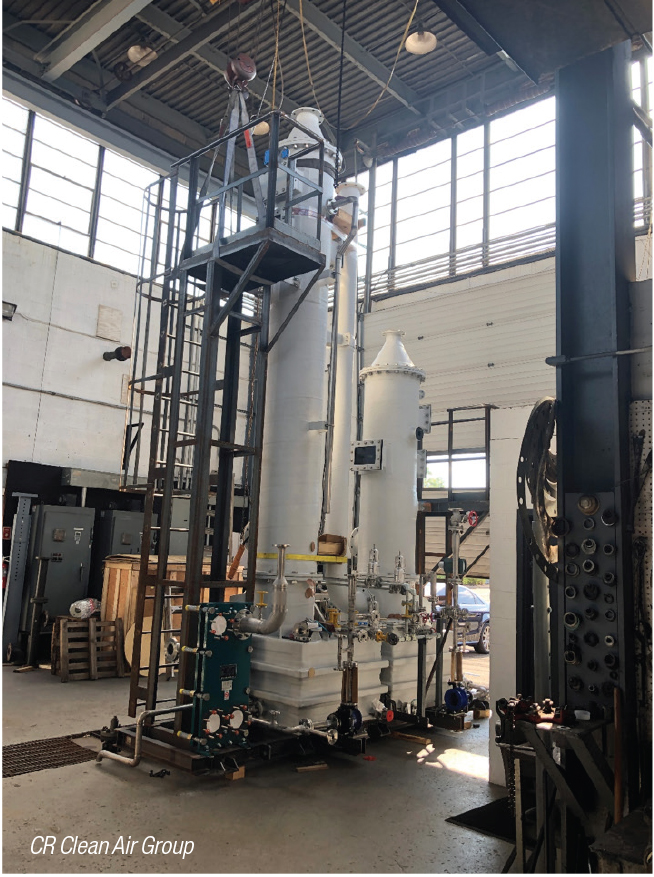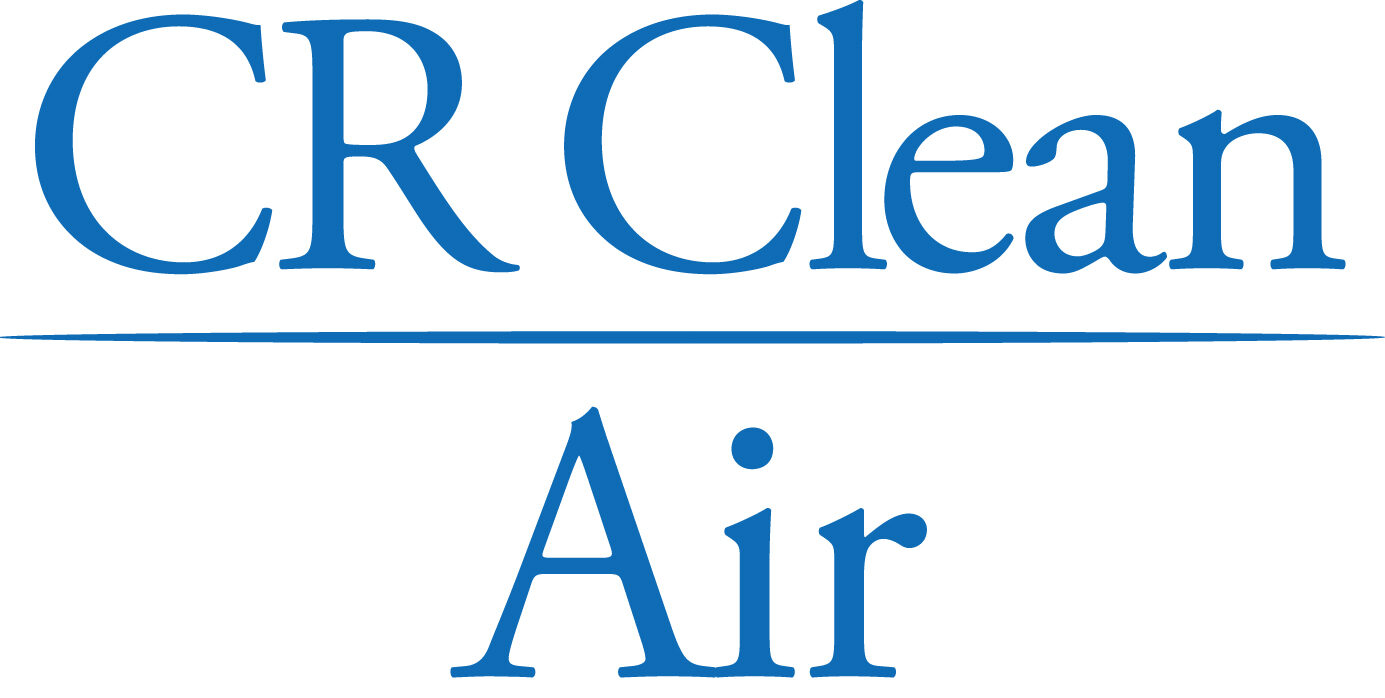NEW WAYS TO ACHIEVE BETTER CONTROL OF EMISSIONS
New and improved catalysts and other process innovations are helping the chemical process industries (CPI) to control emissions
As long as fossil fuels are used for combustion processes — not only in power plants but also furnaces in the glass and cement industries, boilers, steam reformers, and others — the control of emissions from “traditional pollutants” will continue to be required. “NOx, SOx, and H2S are the ‘bread and butter’ for companies like ours,” says Diego Tebaldi, general manager of the CR Clean Air Group LLC (Parsippany, N.J.; www.crcleanair.com). “There’s always a strong demand and repeat business from old systems that need replacing or renewing.
 CR Clean Air Group has thousands of installations across the world addressing these core contaminant applications,” he says. The company designs and offers wet scrubbers, packed-tower scrubbers, and high-energy Venturi scrubbers to meet a variety of applications, ranging from arsenic and zirconium tetrachloride to chemicals like trimethylamine and dimethylamine, says Tebaldi (Figure 1)
CR Clean Air Group has thousands of installations across the world addressing these core contaminant applications,” he says. The company designs and offers wet scrubbers, packed-tower scrubbers, and high-energy Venturi scrubbers to meet a variety of applications, ranging from arsenic and zirconium tetrachloride to chemicals like trimethylamine and dimethylamine, says Tebaldi (Figure 1)
Figure 1. This two-stage scrubber system that addresses dimethylamine and trimethylamine emissions is shipping to the Philippines from CR Clean Air Group’s New Jersey site
LINK: Chemical Engineering
